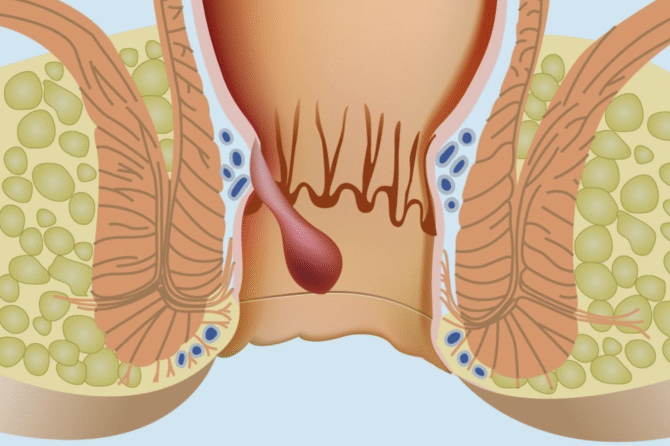
Is Antibiotic Alone Sufficient in the Treatment of Anal Abscess?
Is Antibiotic Alone Sufficient in the Treatment of Anal Abscess?
Many patients experiencing symptoms such as severe pain in the anus, swelling, fever, or discharge may initially consider this condition to be a simple inflammation. However, these complaints often indicate an anal abscess, which is a sign of a serious infectious condition. One of the most frequently asked questions is: “Can it heal with antibiotics?” In this article, we will thoroughly discuss the role of antibiotics in the treatment of anal abscesses and when they become insufficient.
What is an Anal Abscess?
An anal abscess is an infectious condition involving the accumulation of pus due to inflammation of the glands located around the anus. These abscesses usually develop rapidly and cause unbearable pain. As the abscess progresses, symptoms such as swelling, redness, fever, and sometimes difficulty in defecation appear. If not treated correctly and in time, it may lead to more complex and difficult-to-treat conditions such as anal fistula.
Is Antibiotic Alone Sufficient?
Let us provide a clear answer at this point: No, antibiotics alone are often not sufficient.
Antibiotics are an important group of drugs used to prevent the spread of bacterial infections and suppress inflammation. However, in the case of an abscess, since pus accumulates in a closed cavity in the body, it is quite difficult for antibiotics to effectively reach this area. In other words, antibiotics may temporarily prevent the spread of inflammation, but they do not eliminate the abscess cavity.
Therefore, when treatment relies solely on antibiotics, the abscess may appear to subside temporarily, but since the main source of the infection remains inside, it either recurs or progresses, causing other problems.
When is Surgical Intervention Necessary?
The majority of anal abscess cases are treated with a drainage procedure performed under local anesthesia, depending on the location and size of the abscess. If the following symptoms are present, surgical intervention is required instead of antibiotics:
- Severe and throbbing pain
- A swelling that can be felt around the anus
- High fever, fatigue, chills
- Increased pain during defecation
- Persistence of symptoms despite antibiotic treatment
In such cases, draining the abscess without delay not only provides rapid pain relief but also prevents chronic complications such as anal fistula.
Risks of Treating Only with Antibiotics
- Fistula Formation: If the abscess is left to heal without being drained, the pus may find a new path and connect to the anal canal. This condition is called an anal fistula and requires surgical treatment.
- Prolonged Healing Process: Antibiotics provide temporary relief, but the inflammation recurs. This leads to long-lasting complaints.
- Tissue Damage and Deep Infections: Especially in delayed cases, the infection may spread to surrounding tissues, requiring more extensive surgical interventions.
- Development of Resistant Bacteria: Unnecessary use of antibiotics may lead to bacterial resistance, making treatment more difficult.
How is Abscess Treatment Performed at Avrupa Cerrahi?
At Avrupa Cerrahi, we offer fast, effective, and patient-friendly solutions in the treatment of anal abscesses. Patients presenting with complaints are first evaluated through a detailed examination and imaging if necessary. Depending on the location and size of the abscess:
- Drainage of the abscess is performed under local anesthesia
- Supportive antibiotic treatment is planned if necessary
- Regular follow-up is conducted to monitor the risk of fistula development
- Privacy is prioritized for female patients, and the procedure is carried out with dedicated teams
To accelerate the healing process and avoid complications, it is very important to perform this procedure without delay. Every day of delay increases the complaints and complicates the treatment.
Leave a reply
Leave a reply